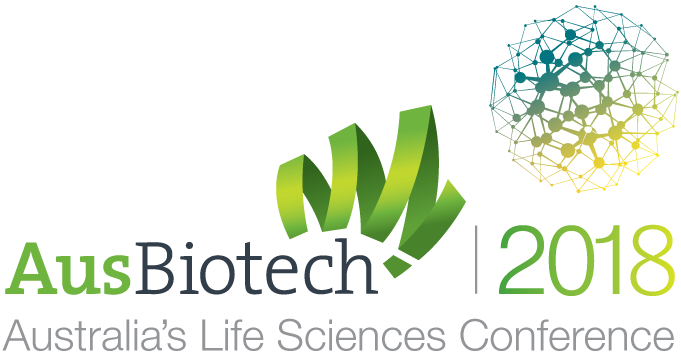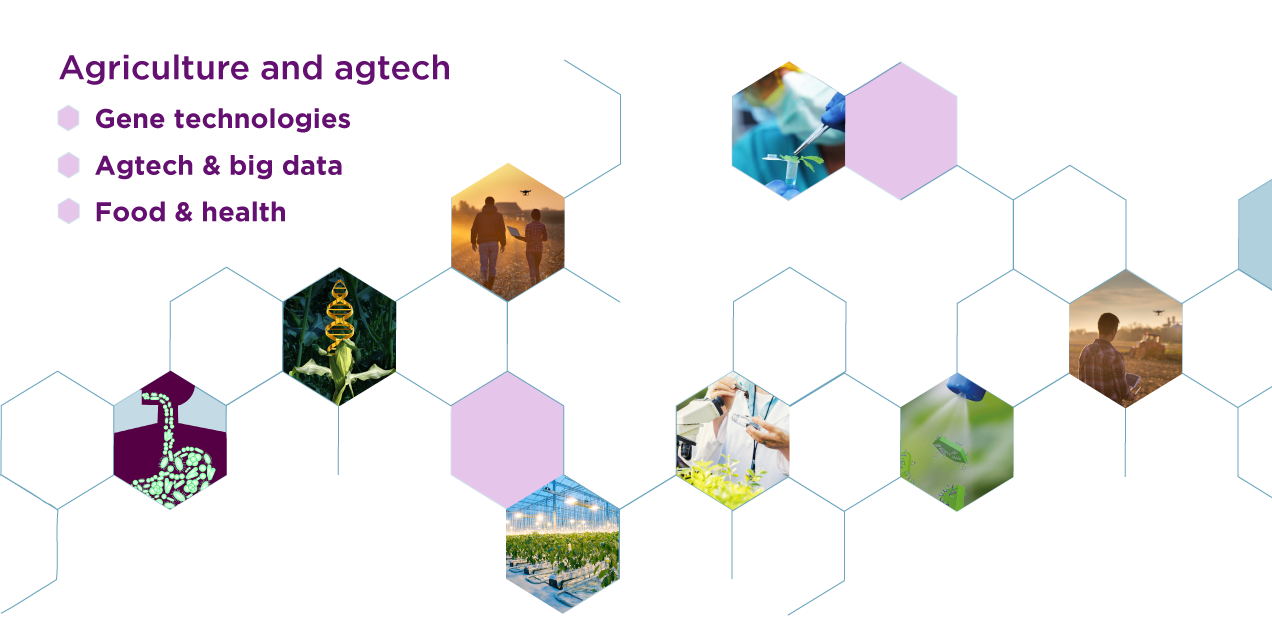Join world leading innovators in genetic and nanotechnology for agriculture at AusBiotech in Brisbane 31 October - 2 November 2018.
This year, agricultural research returns to the annual AusBiotech conference, which brings together Australian and international biotech leaders and stakeholders to discuss global biotech trends, breakthroughs, challenges and success stories in medicine, pharmaceuticals and agriculture – to be held on 31 October at the Brisbane Convention & Exhbition Centre.
An exciting Agriculture and AgTech program has been developed, featuring:
- Gene technologies stream - Chaired by Mike Pointon, GM, (Nufarm Ltd)
– featuring Prof Peter Waterhouse (QUT), Dr Tim Doran (CSIRO) and Prof Neena Mitter (QAAFI)
- AgTech & Big Data stream - Chaired by Prof Bronwyn Harch, DVC Research, (UQ)
– featuring Prof Ben Hayes (QAAFI), Prof Guojie Zhang (BGI) and Dr Nicole Jensen (GRDC)
- Food and Health stream - Chaired by Dr Allan Green, Innovation Leader – Biobased Products, (CSIRO)
– featuring Dr James Petrie (CSIRO), Dist Prof James Dale (QUT), Prof Mike Gidley (QAAFI)
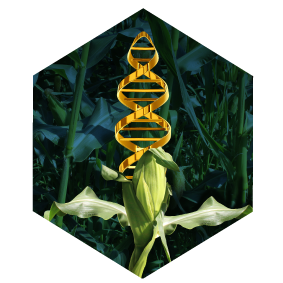 Gene technologies
Gene technologies

With the advancement of gene editing technologies such as CRISPR, are GMOs now becoming redundant? This session outlines new innovations in gene technologies and nanotech and their current and future applications in agriculture.
Chair: Mike Pointon, General Manager Innovation & Development, Nufarm Ltd
Gene editing – Concerns about target effects with CRISPR; latest tools and innovations
 Prof Peter Waterhouse, Professor of Molecular Genetics, Science & Engineering Faculty, Earth, Environmental & Biological Sciences, Bioscience, Queensland University of Technology
Prof Peter Waterhouse, Professor of Molecular Genetics, Science & Engineering Faculty, Earth, Environmental & Biological Sciences, Bioscience, Queensland University of Technology
Australian Laureate Fellow Professor Peter Waterhouse is one of the world’s leading researchers in gene editing technologies in agriculture. His research interests include gene silencing, genomics, epigenetics, virology, and recombinant antibodies. Prof Waterhouse has led research teams and made fundamental discoveries, many of which have been translated into intellectual property and commercial applications. He is internationally known for his research on RNA interference (RNAi) and his expertise ranges from viral gene regulation to plant genomics. His ~ 130 peer-reviewed publications have so far received about 13,000 citations and give him an h factor of 50. Prof Waterhouse has been awarded many of the highest scientific honours in Australia, including the Prime Minister’s Prize for Science, CSIRO Chairman’s medal, the Victor Chang Medal, and election to the Australian Academy of Science.
BioClay – applying RNAi technology to pest control in agriculture; a non-GM approach to fungi and pests
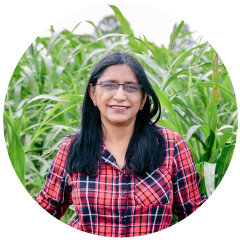 Prof Neena Mitter, Director, Centre for Horticultural Science, QAAFI, The University of Queensland
Prof Neena Mitter, Director, Centre for Horticultural Science, QAAFI, The University of Queensland
Prof Mitter is one of Queensland’s leading biotechnologists, having been involved in molecular biology and biotechnology in Australia and India for over 20 years. Her scientific journey began as an agricultural scientist in India. She moved to Australia in the year 2000 and progressed to the role of the Focus Team Leader and Principal Scientist at Department of Agriculture and Fisheries (DAF) Queensland within seven years. Prof. Mitter joined QAAFI in October 2010 where she has recently taken over the role of Director, Centre for Horticultural Science. She has won prestigious awards like Women in Technology Outstanding Life Science Award, Queensland International Fellowship and Young Scientist Award by the Prime Minister of India.
RNAi in animals – overview of applications in chickens, regulation animals, allergen free eggs for vaccine production; controlling and eliminating disease in animals
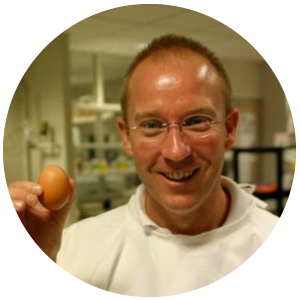 Dr Tim Doran, Group Leader, CSIRO Health & Biosecurity
Dr Tim Doran, Group Leader, CSIRO Health & Biosecurity
CSIRO’S Dr Tim Doran, discusses genome engineering and the latest applications of RNAi technologies in animal science, to control and potentially eliminate various diseases, and what the new applications for RNAi in agriculture.
Dr Tim Doran is Group Leader at CSIRO Health and Biosecurity, and project leader of RNA interference (RNAi) technologies to develop RNAi as a therapeutic for livestock diseases. Dr Doran leads a team of 12 research scientists and currently co-supervises two doctoral students from the University of Melbourne, Melbourne, Victoria, Australia and Deakin University, also in Victoria. Dr Doran is also a project leader in the Australian Poultry Cooperative Research Centre (CRC) where his team is investigating the use of RNAi to improve production traits in chickens.
 Agtech and big data
Agtech and big data
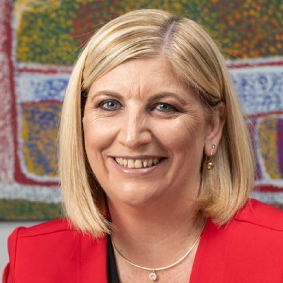
With big data comes big ideas. The challenge of agtech & science innovation will be to harness the output of the big data revolution. Join world-leading agtech innovators discussing the latest applications for data capture, prediction & modelling systems in agriculture.
Chair: Prof Bronwyn Harch, Deputy Vice-Chancellor (Research), The University of Queensland
Genomic prediction – complex traits, international collaborations, latest developments and future applications in genomic prediction and selection
 Prof Ben Hayes, Professorial Research Fellow, Centre for Animal Science, QAAFI, The University of Queensland
Prof Ben Hayes, Professorial Research Fellow, Centre for Animal Science, QAAFI, The University of Queensland
Professor Ben Hayes is the co-inventor of genomic selection and one of the world’s leading innovators in genomic selection in dairy, livestock and now crops. Professor Hayes will discuss genomic prediction of traits including complex traits, and innovative new projects such as FastStack that aims to incorporate technologies such as speed breeding and AI into the genomic selection process.
 Bioinformatics and China’s GeneBank initiative – next generation bioinformatics, latest software being developed for big data
Bioinformatics and China’s GeneBank initiative – next generation bioinformatics, latest software being developed for big data
Prof Guojie Zhang, Associate Director, China National GeneBank, BGI
Professor Guojie Zhang, Associate Director, China National GeneBank, BGI, discusses China’s ambitious project store millions of genetic samples from humans, plants, animals and microbes. The centre also houses a bioinformatics research centre to manage, store and interpret biological information.
Growing Australia’s grains industry – reshaping GRDC research to meet global challenges and boost grower profitability
 Dr Nicole Jensen, General Manager, Genetics & Enabling Technologies, GRDC
Dr Nicole Jensen, General Manager, Genetics & Enabling Technologies, GRDC
Dr Nicole Jensen, GM of Genetics and Enabling Technologies at GRDC, has recently returned to Australia from her previous role as Supply Innovation Lead with Monsanto’s digital agriculture flagship in Missouri, and has a wealth of experience in breeding and related activities. Meeting the local and global challenges facing the Australian grains industry: return on investment, platform for growers and researchers, investing in grains.
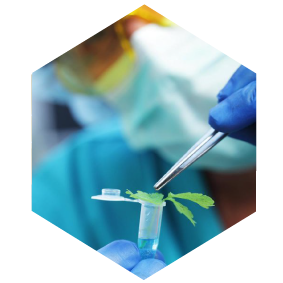 Food and health
Food and health
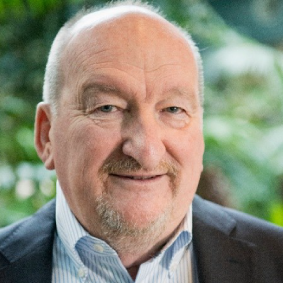
Recent achievements; and future prospects in the development and deregulation of GM foods for improved human health.
Chair: Dr Allan Green, Innovation Leader, Agriculture & Food, CSIRO
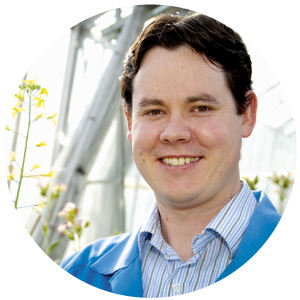 Omega-3 Canola – long chain vs short chain omega-3, plant engineering, and deregulation of DHA canola
Omega-3 Canola – long chain vs short chain omega-3, plant engineering, and deregulation of DHA canola
Dr James Petrie, Research Scientist, CSIRO
James works on the metabolic engineering of oilseed crops and has been instrumental in modifying plant seeds to produce long-chain omega-3 oils. These have strong health benefits for consumers and these plants will both reduce pressure on fish stocks as well as create a new land-based production platform. James also leads a project which is focused on increasing the plant oil yield to meet the demand created by growing populations and oil consumption.
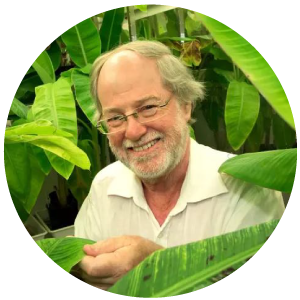 Golden bananas for Africa – Biofortification of one of the world’s most popular foods to meet micronutrient deficiencies in African populations
Golden bananas for Africa – Biofortification of one of the world’s most popular foods to meet micronutrient deficiencies in African populations
Dist Prof James Dale, Institute for Future Environments, Queensland University of Technology
James Dale is the inaugural Director of the Centre for Tropical Crops and Biocommodities at QUT. Prof Dale has been involved in biotechnology research for more than 30 years with specific interests in (i) the biofortification of bananas, (ii) molecular farming for high value medical proteins, including vaccines, in tobacco and bioethanol from sugarcane, and (iii) the development of disease resistance in genetically modified bananas, papaya and sugarcane. He and his research team have developed a range of biotechnology methods and products for expressing transgenes in plants.
 Nutrition Security – Targets and Opportunities – Diet, health, evolution and adaptation; under and over nutrition; whole foods, diversity and convenience; what should the target(s) be?
Nutrition Security – Targets and Opportunities – Diet, health, evolution and adaptation; under and over nutrition; whole foods, diversity and convenience; what should the target(s) be?
Prof Mike Gidley, Director, Centre for Nutrition & Food Sciences, QAAFI, The University of Queensland
Prof Gidley's research is focussed on structure – function relationships in biopolymer assemblies such as starch granules and plant cell walls. This has led to the detailed characterisation of starch and dietary fibre digestion/fermentation in vitro and in vivo, with the understanding generated leading to opportunities for optimising nutritional value of foods and feeds. He is also a Chief Investigator in the Australian Research Council Centre of Excellence in Plant Cell Walls. Professor Gidley was trained in chemistry at the Universities of London (BSc) and Cambridge (PhD), and worked on food-related research for more than twenty years in Unilever's R+D laboratory at Colworth House in the UK, beginning as a research scientist and culminating as the Group Leader for Plant-based Foods and Ingredients, before joining UQ in 2003.
The Agriculture & Agtech Stream is sponsored by:

